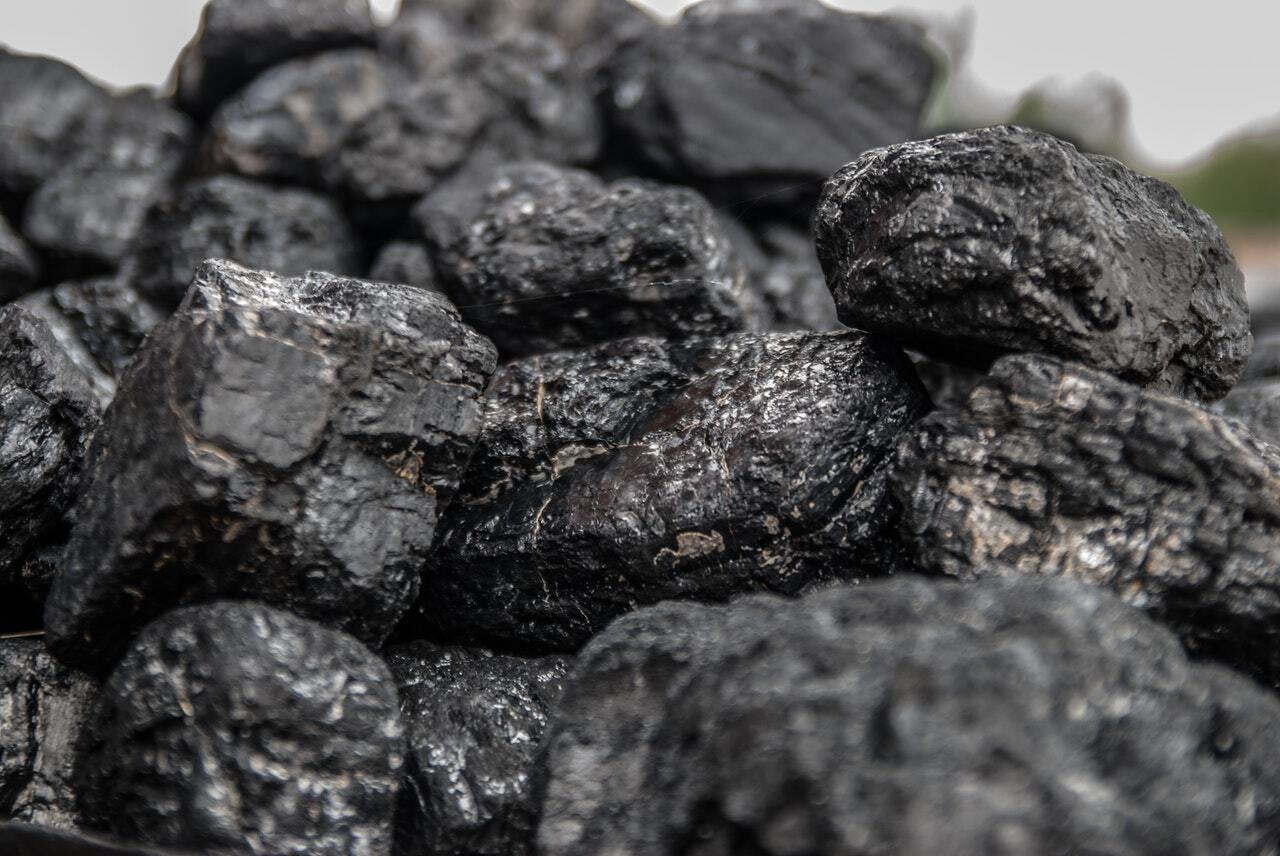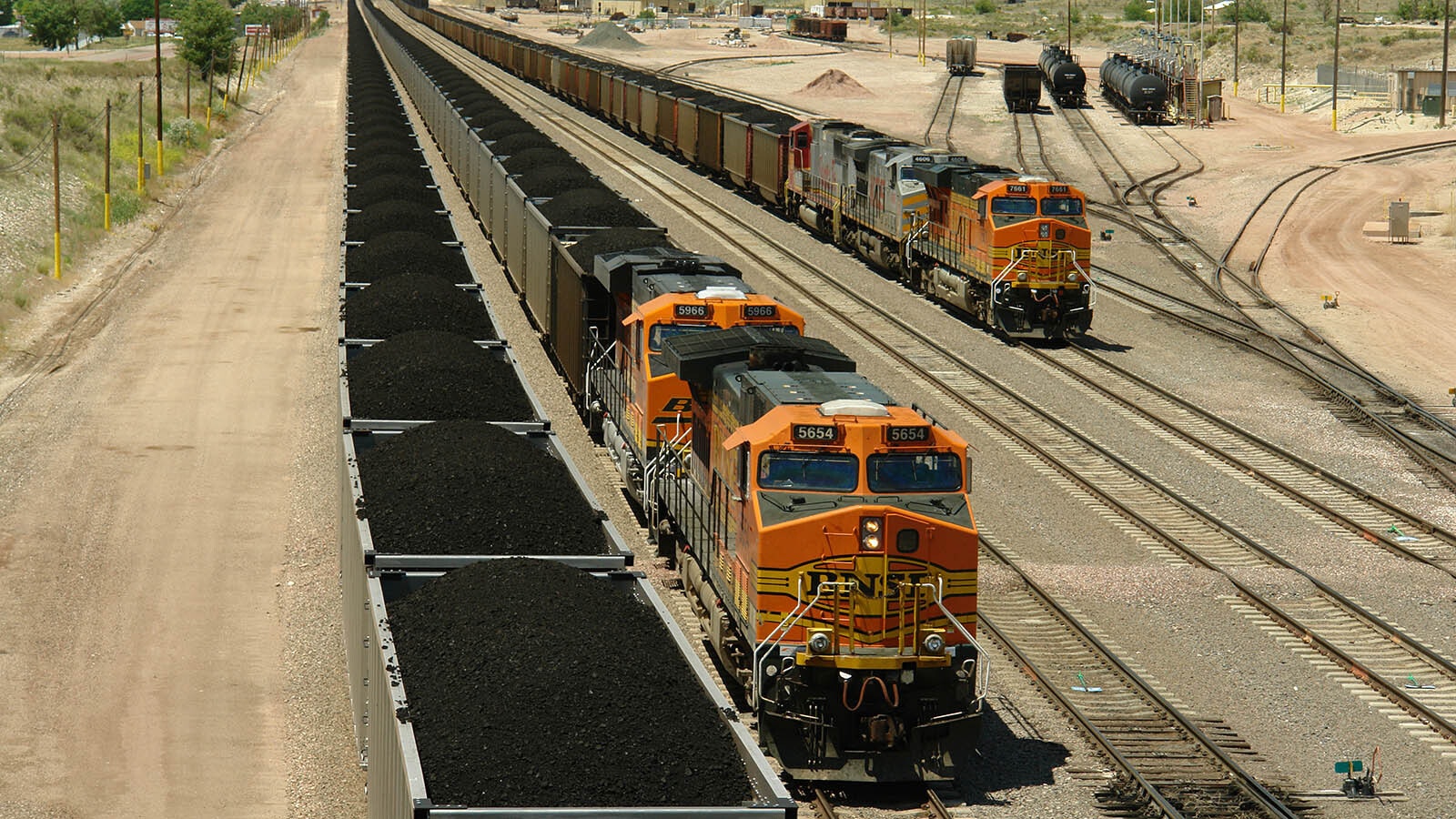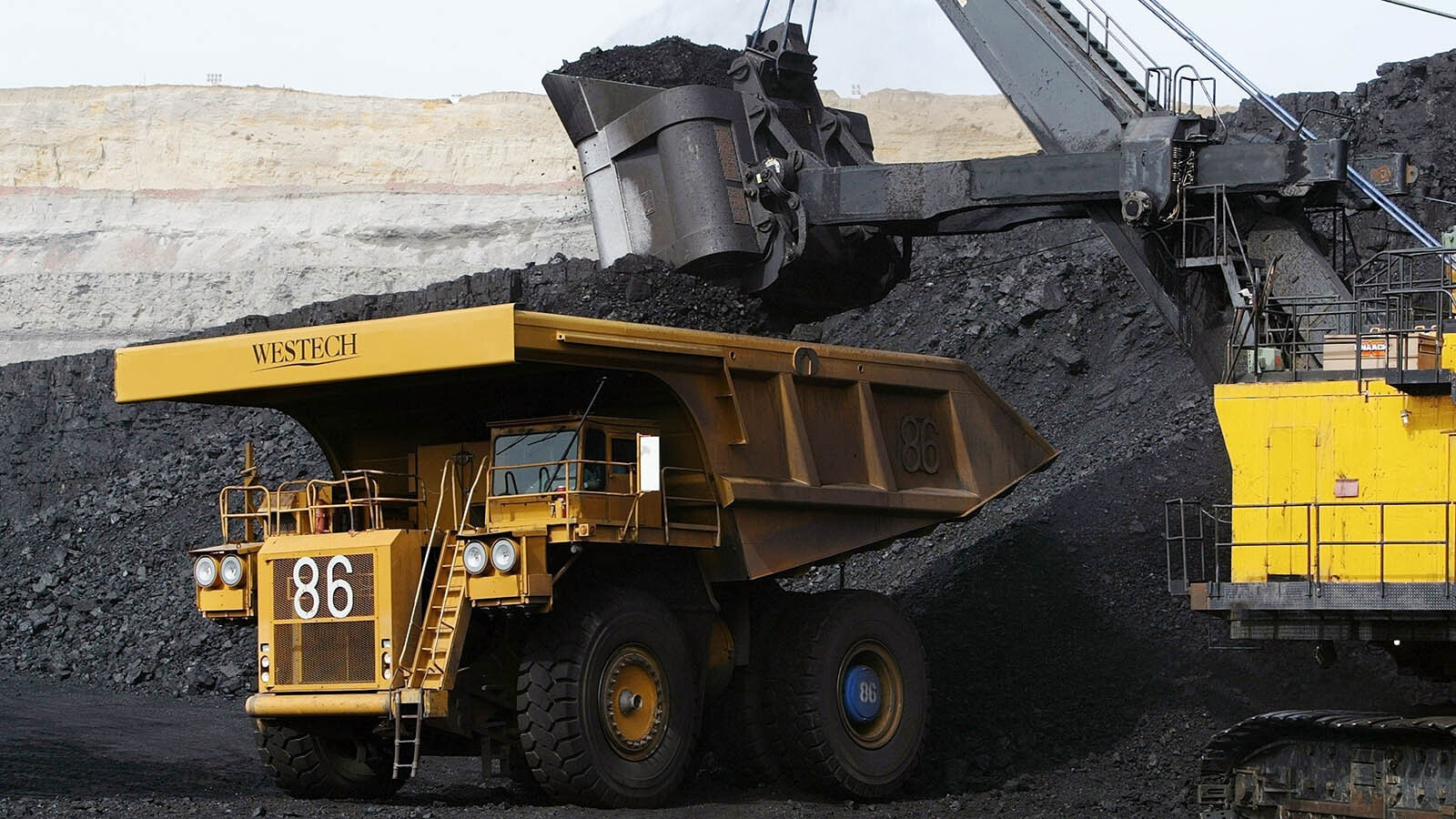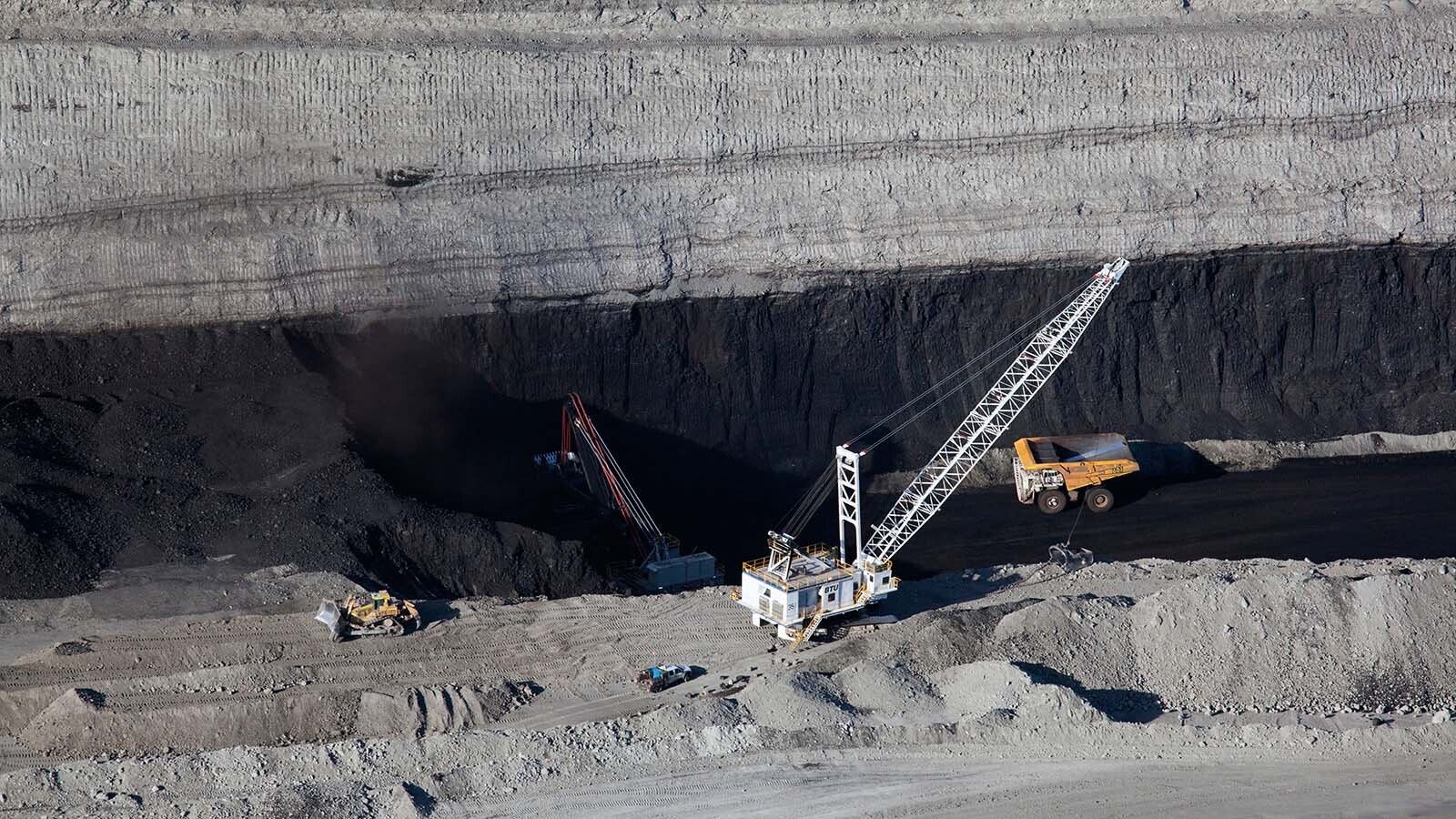As revenue from coal continues to decline, many people around the state are looking at new ways to use the state’s rich resource and think outside of the coal box for future portfolio diversification.
Many people watching renewable energy expect it to eliminate the need for coal, but they are often not thinking out of the box, according one state representative.
State Rep. Mike Greear, R-Worland, said people are often neglecting coal’s future possibilities. Greear is co-chair of the Legislature’s Minerals, Business and Economic Development Committee. He said the state has many developments it is exploring that still involve coal.
Greear said the University of Wyoming is continuing research on carbon capture sequestration and the utilization of the C02 for enhanced oil recovery. He visited the Petra Nova carbon capture and sequestration facility in Houston and believes Wyoming facilities would be great candidates for the same technology.
The Petra Nova facility is currently the only existing American coal-fired power plant using the carbon recapture technology, according to the U.S. Energy Information Administration. The facility captures the C02 from the plant, liquifies it, and then injects it into oil fields.
The process causes oil to swell, increasing the oil recovery volume. The process has reduced C02 total emissions at the Petra Nova facility by 33 percent.
Rob Godby, director for the UW’s Center for Energy Economics and Public Policy, said the state is actively helping develop new products for coal to maintain tax revenues. He said once promising technologies become developed, companies are more willing to adopt them.
He pointed as an example to pipelines in Wyoming delivering C02 from natural sources to enhanced oil recovery operations. If C02 captured from coal-fired plants could be sold, the revenue could offset the overall cost of coal-generated electricity and make it more competitive with natural gas.
Not a coal problem
However, if the state continues to focus only on coal as a large revenue source, leaders may be missing other great possibilities, according to one person working directly with growing businesses.
Fred Schmechel, assistant director of the Wyoming Technology Business Center, works at the UW in a program that helps businesses grow with a goal of bringing more revenue to the state and employing residents. So when state revenues decline, he sees the results directly in his workplace. Yet, he cautions everyone who considers this a “coal problem.”
“Wyoming doesn’t have a coal problem,” Schmechel said. “Wyoming has a revenue problem. When we reframe it like that and figure out how we pay for our services, that opens up much broader funnel of possibilities.”
Schmechel sees diversification of the economy and expansion of revenue streams as vital to the future growth of the state.
“If we keep trying to sell to the same 10 people, none of us are going to get rich, but if we broaden our scope and sell beyond our borders, bring that cash here, that’s where we increase our lot,” Schmechel said.
Schmechel said if wages increase, people can pay more for services and make the state less dependent on coal revenue. He also suggested that getting businesses to use services based in the Cowboy State can help expand revenue streams.
“If we continue to focus on developing companies that solve problems outside of Wyoming and bring more revenue in, that ultimately brings more cash on hand to play with,” he said.
Greear also thinks the state needs to explore alternatives to coal, but bringing new business to Wyoming is easier said than done.
Severance taxes or bust
“We are going to still be mineral reliant in this state so long as we hold onto our current tax policy,” Greear said.
He added he does not see the tax policy changing, but that he believes a policy change is needed.
Change, however, would alter the dynamic and culture of the state. That places Greear at odds with some of his constituents who simply aren’t ready for change. As an elected official, Greear said he must listen to them.
“Most people understand the changes with society,” Greear said.
He added it is easier to push those concepts in towns like Laramie and Cheyenne because of their proximity to Fort Collins and Denver, but such changes might not fly in a town like Worland.
Towns are also dependent on larger populations to attract and sustain more tech and business, leaving smaller towns out of the mix. It also makes it unrealistic to apply a one-size-fits-all approach to the issue, he said.
Holding out for the youth
Schmechel also said he wants to keep young people in the state and create jobs for them so they can to “plant their roots” for future generations.
Schmechel sees economic diversification and development as a way to expand a town’s culture, not diminish it.
“There are lots of people who look at anything that we are doing like this and assume we are losing our culture of Wyoming, and I think those people are mistaken,” Schmechel said.
“We don’t have to be Boulder or San Francisco. We are never going to be those communities. We have found in Laramie, Casper and Sheridan, where we have our three incubators for the WTBC, that each of those communities bring on their own feel.”
As those communities grow and develop, their core values are moved forward, growing and strengthening their existing culture.
Godby also sees the need for diversification as necessity to independence.
“Do we need to diversify more, yeah,” Godby said. “The problem is when you rely on energy, you are going to be bound by energy cycles that are out of your control and typically driven by things outside of your state.”
The Blackjewel effect
Rick Mansheim, manager of state Workforce Centers in Gillette and Newcastle, has watched the Blackjewel layoffs from the front row. He has a lot of conversations with the workers and businesses around the state. He also believes Wyoming needs more jobs outside of energy.
“The key is diversification,” Mansheim said. “We need to broaden our scope.”
He believes internships and early career path exposure is key to getting young workers involved in that effort.
Greear believes economic development around the state is productive, but often suffers from growing pains.
“There are some really good economic development organizations within communities,” Greear said. “But it’s kind of the hand your dealt. Cheyenne is going get a lot more looks at things you are not going to get in Worland.”
He added that state leaders sort of had tunnel vision attracting specific types of businesses that were not fits for every community.
“What is going to work in Cheyenne is not going to work in the Big Horn Basin,” Greear said.
ENDOW’s impact across industries
But he believes creative ideas are still important. He cited the Economically Needed Diversity Options for Wyoming — ENDOW — initiative as helping leaders think outside of the box.
ENDOW was created in 2016 to diversify and expand the state economy. Greear said ENDOW challenged people to think outside of the box and pursue opportunities such as value-added agriculture, which is changing a product to enhance its value through niche marketing, uniqueness or improving a supply chain.
Schmechel, whose organization assists many businesses with incubator programs and creative solutions, sees both existing and new economic sectors as exciting opportunities for business growth.
He added Wyoming’s vast spaces would be great for autonomous vehicles and drones. In addition, he suggested exploring UW’s cache of intellectual property for application in industries such as agriculture and making sure it is being used correctly.
He said the state’s agriculture community is doing great things and should be expanded upon.





